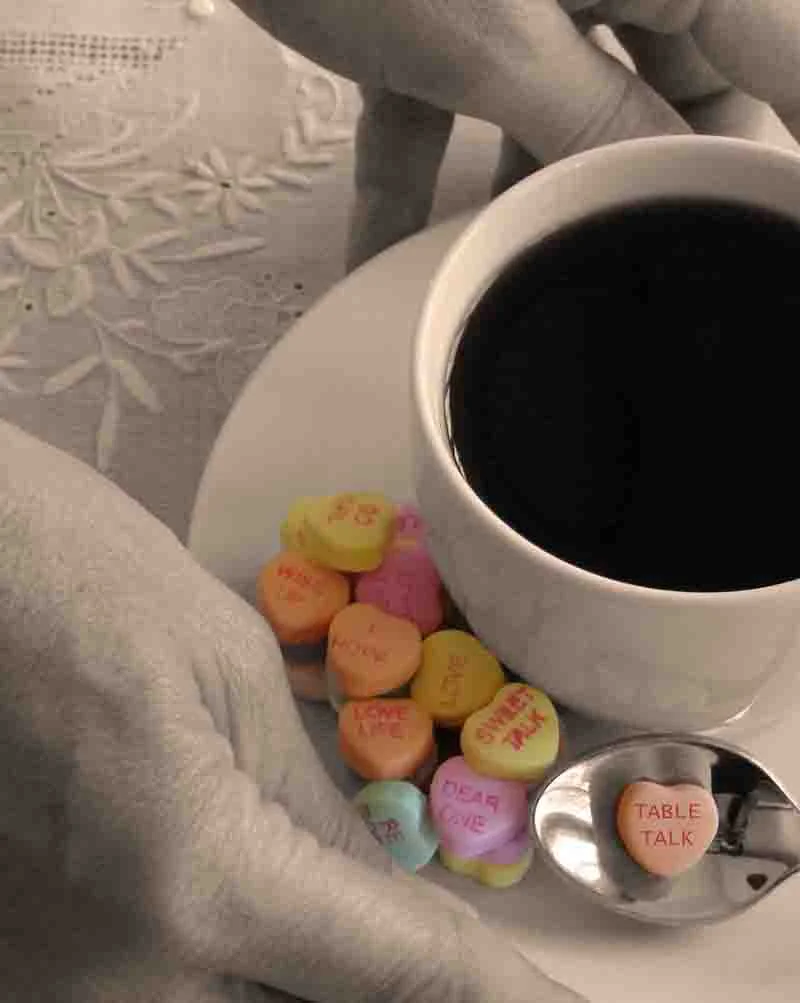Guest Blogger, TMM, 79
"If you can hear me
Let me take his place some how.
See, he's not just anyone, he's my son.”
Mark Schultz
No mother should ever have to choose between her children. It is incomprehensible. Yet, there I was about to execute the hardest choice of my life – and one that has haunted me every day since. I believe I made the best choice available under the circumstances, but that didn’t make it any easier. Sometimes there is no ‘good’ choice…just one that causes the least damage.
That day is burned in my memory which has managed to forget most everything else. As if the universe was sensing the mood of the day, we awoke with foreboding to menacing weather. The creepy old building loomed before us like the gloomy asylums so many movies portray, and the inclement weather did nothing to dispel the weight of what I was about to do. As bad as it was though, it couldn’t compare with the storm raging in my mind. And the dreary, dark sky was no match for the black pit of despair into which I had fallen. He was only six. How can I leave him here?
The fifth of my seven children is autistic though few even knew that term in 1959. It was clear to me early on that there was something wrong with Tom. When I brought my concerns to the doctors, they blamed it on laziness. My instincts refused to allow me to accept their “diagnosis.” He certainly wasn’t lazy – he was in constant motion. I explored the possibility that maybe he was deaf, which would explain his lack of response to external stimuli and his inability to speak. I admit there were moments when I considered on a subconscious level that Tom’s condition was some kind of cruel punishment for the sins of my youth. Even so, in my wildest dreams, I never seriously considered it would be me who was ‘diagnosed’ as the cause of Tom’s condition.
Bruno Bettleheim, the so-called autism “expert” during the 1950s and 60s was responsible for coining the phrase “Refrigerator Moms.” He used this term to describe cold, unloving mothers whose lack of affection towards their children resulted in autism. I’m sure his “theory” was responsible for irreparable damage to many like me who were convicted by his generally accepted theory that bad parenting was the cause of autism. Many years after and too late to matter, I learned that even though he claimed to be a psychiatrist, Bettelheim never even studied psychiatrics formally.
Burdened with Bettleheim’s confirmation that indeed I was to blame for Tom’s autism, I was now going to compound it exponentially by condemning my son to an institution for my crime. As much as those closest to me tried to convince me it was a matter of survival for me and my family – it still felt like abandonment. I’m his mother. I’m supposed to protect him, which was getting increasingly harder with five children ranging from 6 to 11 and another on the way.
My husband and I didn’t arrive at this decision without a lot of soul searching, hours on our knees begging for guidance, and counseling from countless individuals. We thought institutionalizing Tom was God’s answer and the direction we were being given. We were trying to be obedient while every fiber of my being was crying out “NO! This can’t be what you want!” Recently my granddaughter unknowingly captured my own thoughts at that point in time when she wrote about her mother’s cancer in one of her college essays: “How could something so wrong be right?”
The dirty, crumpled doctor who greeted us added to the sinister atmosphere of the place. His lack of compassion for us and his dismissive attitude towards Tom fueled our growing misgivings. I kept thinking, “This can’t be happening. I can’t go through with it.” The effort of walking away from my little boy took more strength and courage than I thought I was capable of. It was nearly my undoing, but I had four other children waiting at home. What I didn’t realize at the time was that I would feel the same after every visit and still do to some degree, though he seems reasonably happy where he lives now. He didn’t last long in that first place, and our instincts were correct as he almost died there.
Anyway, as we left it was only by the grace of God that I found the strength I needed then and for the months and years ahead. At that moment I was only concerned about holding it together until we got in the car. Once there, my husband broke down in tears before I had the chance. Mine needed to be put on hold just to get us through the ride home. My tears would come though, by the bucketful. Sadly, there weren’t enough tears to assuage the guilt and grief that consumed us.
I know I said that choice has haunted me for a lifetime but not necessarily in ways you would expect. We had no way of knowing it that day, but our choice to institutionalize Tom led us down roads to places and people we never imagined. We were stretched personally, financially and spiritually, but always in ways that helped us grow. Every time we were obedient, regardless of the cost and I don’t mean that monetarily, we were blessed far beyond anything we could have dared to imagine. From that moment on, our lives would never be the same; but against all logic, they were better. They weren’t without challenges and heartache, but neither are anyone else’s. The best you can hope for is to find moments of joy amongst them; and if you are really blessed, those will far outweigh the others as in our case.
That first choice led to another and another affecting Tom, my husband, myself, and also our six other children in ways only they could tell you. Each decision had different consequences for everyone involved and how they responded to them began their own stories. The ripples continue today as Tom continues to be a large part of our lives, and his situation dictates every decision we make… still leading us in unexpected ways and blessing us abundantly.
TM, 79










